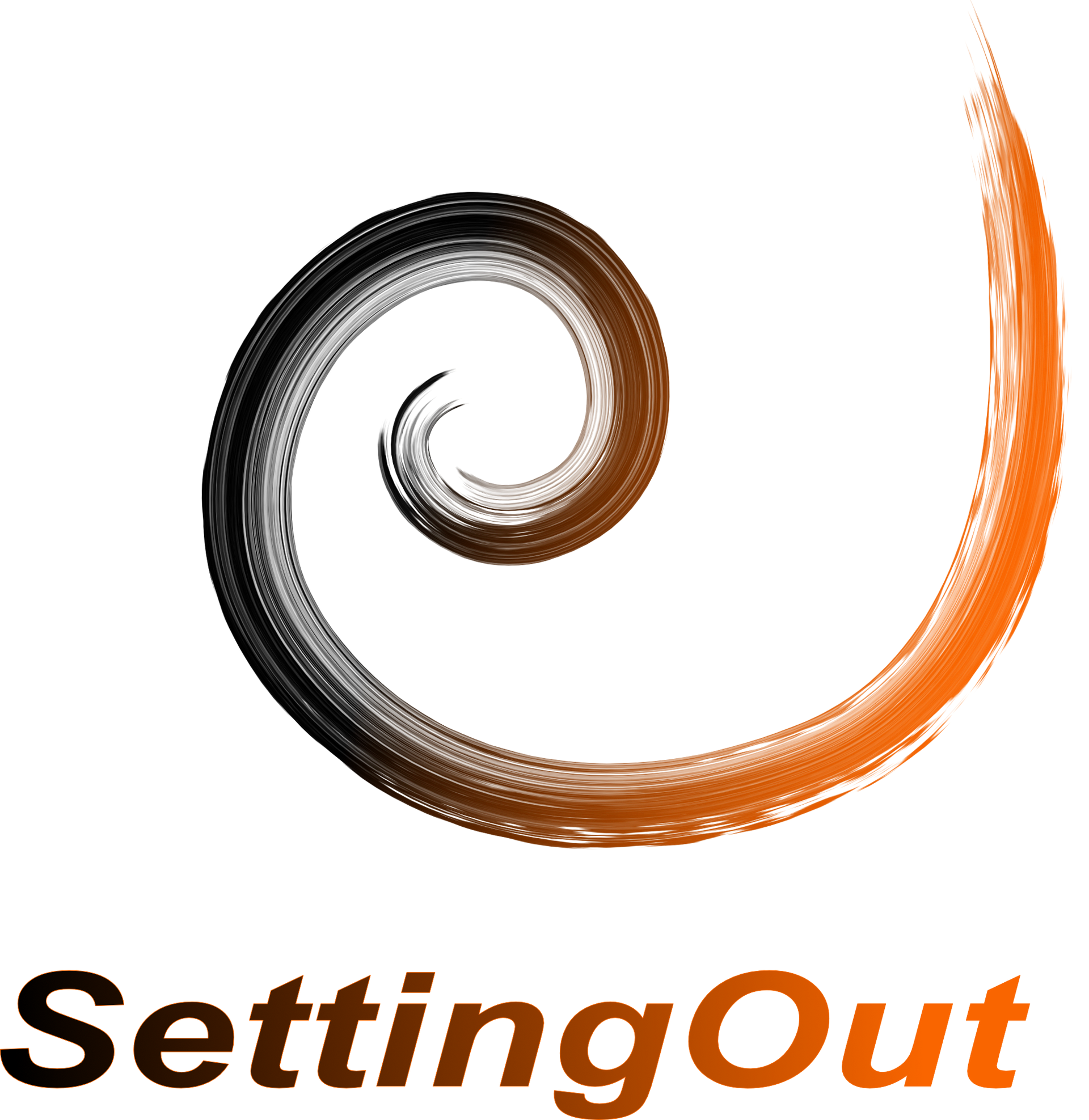Know all theories, master all techniques,
but when you touch a human soul,
be just another human soul
C.G. Jung
My interest in psychotherapy goes back to my time as a young adult, when I discovered C.G. Jung. The engagement with his work has been formative for my own life and was the seed for the wish to practice psychotherapy one day. His deeply humane wisdom, his aversion to subjecting clients and patients to dogmatic concepts, his demand instead to adjust the approach to each individual person, and his conviction that the human soul has an inherent lifelong intention and capacity to become whole are fundamental to my thinking and work.
I strive to see each person as the complex, individual being that they are. My international experience helps me to engage with people from different cultures. In the trusting relationship that develops, I encourage self-reflection and together we develop alternative perspectives and possible courses of action. A central element in my work is appreciation. I believe it is just as important to appreciate strengths as it is to understand problems. Because what we look at with appreciation grows. I also like to use the power of imagination, especially to heal old wounds that prevent us from moving forward and living our lives to the full.
On a more concrete level, a psychodynamic conception of mental processes is underlying my work as coach and psychotherapist. This is the assumption that the way we experience the world and act in it is largely determined by unconscious feelings. This is being proven fundamentally correct by modern brain research. The power of unconscious feelings derives from the fact, that the evolution has invented them as central tools of survival in any social context - and homo sapiens inherited that. And therefore people have been guided by them as much in the hordes of the savanna 100,000 years ago as they guide them in any social context or organisation in the 21st century. So it is wise to give them their due attention.
On the basis of this genetic foundation, our early relationships in childhood and adolescence shape the development of these unconscious feelings - strengthening, suppressing or distorting them. The result is the way we experience and approach the world. By becoming aware of and understanding these origins we have a greater chance of growth and liberation from adverse patterns.
Until you make the unconscious conscious,
it will direct your life and you will call it fate.
C.G. Jung
But the psychodynamic concept of mind is also the conviction - again supported by modern neurobiology - that new experiences throughout life can change the way we see the world and deal with it. Coaching and therapy can thus be a transformative experience. Looking at what is
without judging it is liberating. The key is to understand and acknowledge that what is disturbing us had a deep purpose for our soul in that it once helped us to navigate difficult life circumstances as unscathed as possible. Listening to the story of those difficult parts of us and acknowledging their contribution to our life creates a space of trust and confidence where the old can transform and the new can grow. So that we can set out again on our journey, more whole and more confident.
On the basis of these foundations I am an eclectic. I use whatever has proven helpful in my experience. So I have added trainings in trauma therapy, and especially Ego-State Therapy with hypno-systemic and imaginative techniques. Ego State Therapy rests on the concept that the soul consists of different parts that are the carriers of our different ways of experiencing and behaving, both the positive, supportive ones as wells as the problematic ones. To look at oneself in this way is often relieving and offers a very creative way of entering a dialogue with these different parts. While being listened to, understood and valued, problematic parts often transform in astonishing ways. I am further influenced by the existential psychotherapy of Irvin Yalom.
I invite you to engage in a dialogue with me. The feelings around your issues will guide us on a short, focused look into the past that will give us a shared understanding of your issues in the context of your personality. We will then focus on furthering the change that you wish to achieve with whatever means may seem helpful.
The depth of this process naturally depends on the number of sessions you choose.
I enjoy working with people who are ready to rethink assumptions, principles and certainties about life or themselves, triggered by a crisis, for example. With people who are looking for someone for a dialogue in search of a new or deeper orientation and perspective for their lives, free from the limitations of old thought patterns, fears and rules that have outlived their usefulness. With people who want to make their private or professional relationships more constructive. With people who suffer from a burdensome past or present and are looking for support in dealing with it.






